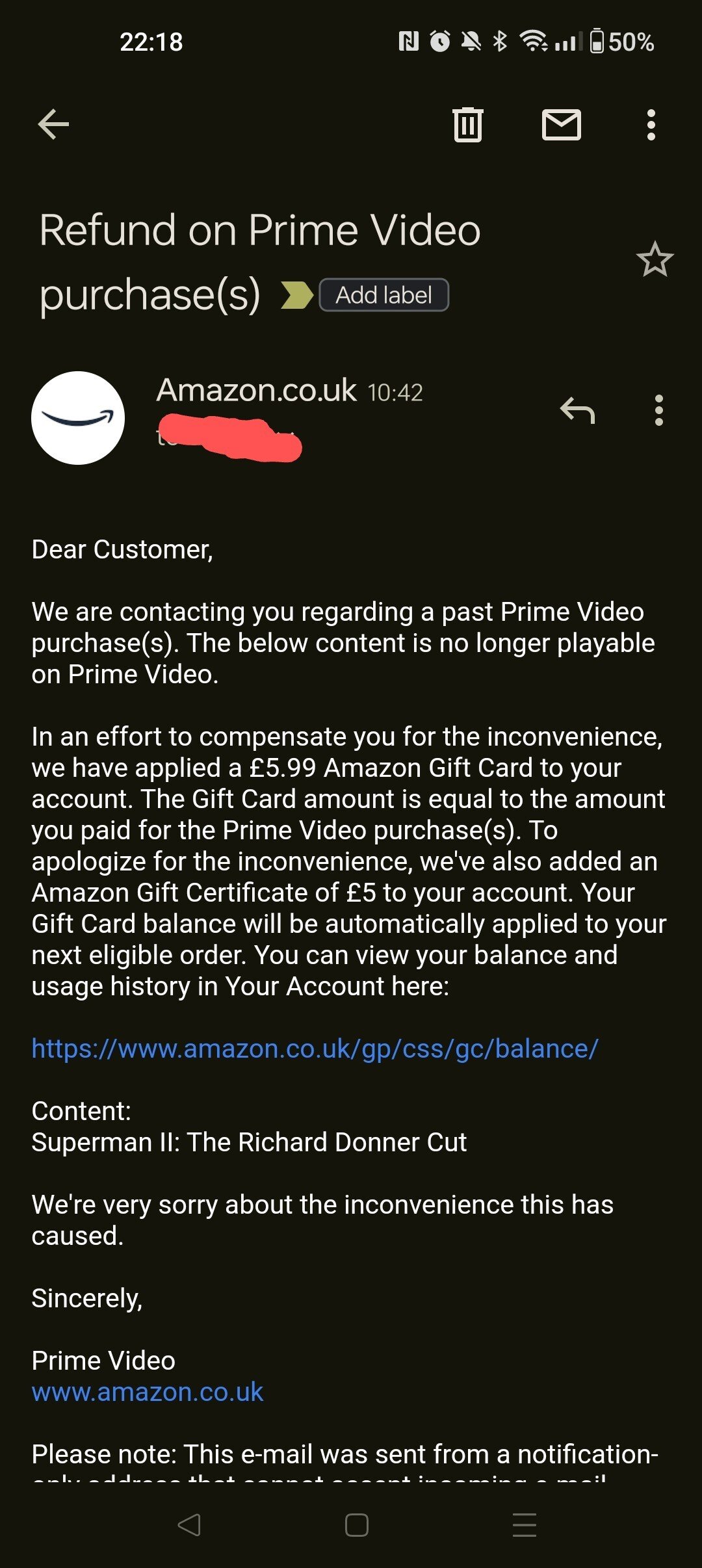this post was submitted on 03 Oct 2023
1709 points (97.6% liked)
Technology
62028 readers
5 users here now
This is a most excellent place for technology news and articles.
Our Rules
- Follow the lemmy.world rules.
- Only tech related content.
- Be excellent to each other!
- Mod approved content bots can post up to 10 articles per day.
- Threads asking for personal tech support may be deleted.
- Politics threads may be removed.
- No memes allowed as posts, OK to post as comments.
- Only approved bots from the list below, to ask if your bot can be added please contact us.
- Check for duplicates before posting, duplicates may be removed
- Accounts 7 days and younger will have their posts automatically removed.
Approved Bots
founded 2 years ago
MODERATORS
you are viewing a single comment's thread
view the rest of the comments
view the rest of the comments

If people suddenly collectively understood they're paying for basically nothing it would probably spur large-scale revolution.
I think people already understand this, they just don't care as long as their devices play the media they want to consume.
The only people I see that care about this issue strongly are people who fully understand how this works and prefer archival-friendly formats such as physical media or DRM-free downloads.
That Amazon refunded nearly 2x the purchase price for the inconvenience seems more than fair, imho. I looked it up, and it covers a purchase of a Blu-Ray of the same movie on Amazon, so you'd have a path to complete resolution here.
I hate plenty of Amazon's practices, but I really don't see any level of controversy here.
Isn't this a tacit acknowledgement that either the consumer may not have understood that their purchase was revocable, or that there is not a true 'complete resolution', since the path to complete resolution is a physical replacement (and not persistent access to a digital distribution)?
People who purchase content through a digital distributor are doing so under the common understanding of "purchase" as an exchange of money for personal ownership. The word for the arrangement described here then isn't purchase, it's lease.
If Amazon or any other digital distributor actually offered purchases of digital copies of content, people would obviously choose it over access to a title that can be revoked at any time. The legality of the practice isn't really what is in question here, it's the suggestion that this is an informed consumer choice that is. And even if the consumer was fully cognizant of the temporary nature of the arrangement, they still do not have a true alternative for digital copies.
The consumer not understanding something is different than the consumer not being provided truthful information. A consumer might also misunderstand the degree to which the own the physical media they purchase, in that they cannot redistribute or exhibit it without an additional license agreement.
People should understand their rights better, but people might also not care about these rights enough to care much, which is fine, we have to pick our battles.
Except the agreement is intentionally misleading. To this moment, the phrasing on Google TV is to either "rent" or "purchase" titles. In most other types of exchange, the "seller" of a "purchase" transaction can't terminate the exchange on a whim, with no recourse.
Can we really blame consumers for being mislead by the intentionally misleading language of TRILLION dollar companies?
Companies with this much control over the market shouldn't be allowed to run roughshod over digital media agreements. People want ownership over the media they pay for, just like people want ownership over the homes they pay a mortgage on. That isn't an option that's being provided, but instead they're being fed a misleading alternative that shares the same language.
All those tv junkies would have to get off of their couches though
He received what he paid for and then got his money back
In the form of Amazon exclusive currency*
They refund in the same format the purchase was made
If you read the message from the screen shot it says in the form of an "Amazon gift card".
Yes, which strongly suggests the initial purchase was via Amazon gift card.
He then got an additional $5 amount, doubling what he "spent."
This post is rage bait over nothing consequential.
This is some clarification we need. Is this an original post?
It's from around this thread, and you can see the additional credit in the image above.
It wasn't a refund.
Textbook example of the frog in boiling water. No one would have accepted this behavior before, but now we're so used these big companies doing whatever they want, we have no problem shrugging off whatever they do.
I'm slowly coming to the conclusion that if you're not actively sabotaging these companies (through piracy at least), you're morally in the wrong.
Are you suggesting no one has used Steam in the past 20+ years?
Lol
Right, because the phrase "digital purchase" clearly indicates that you don't own the media.
I think you are too optimistic on this.